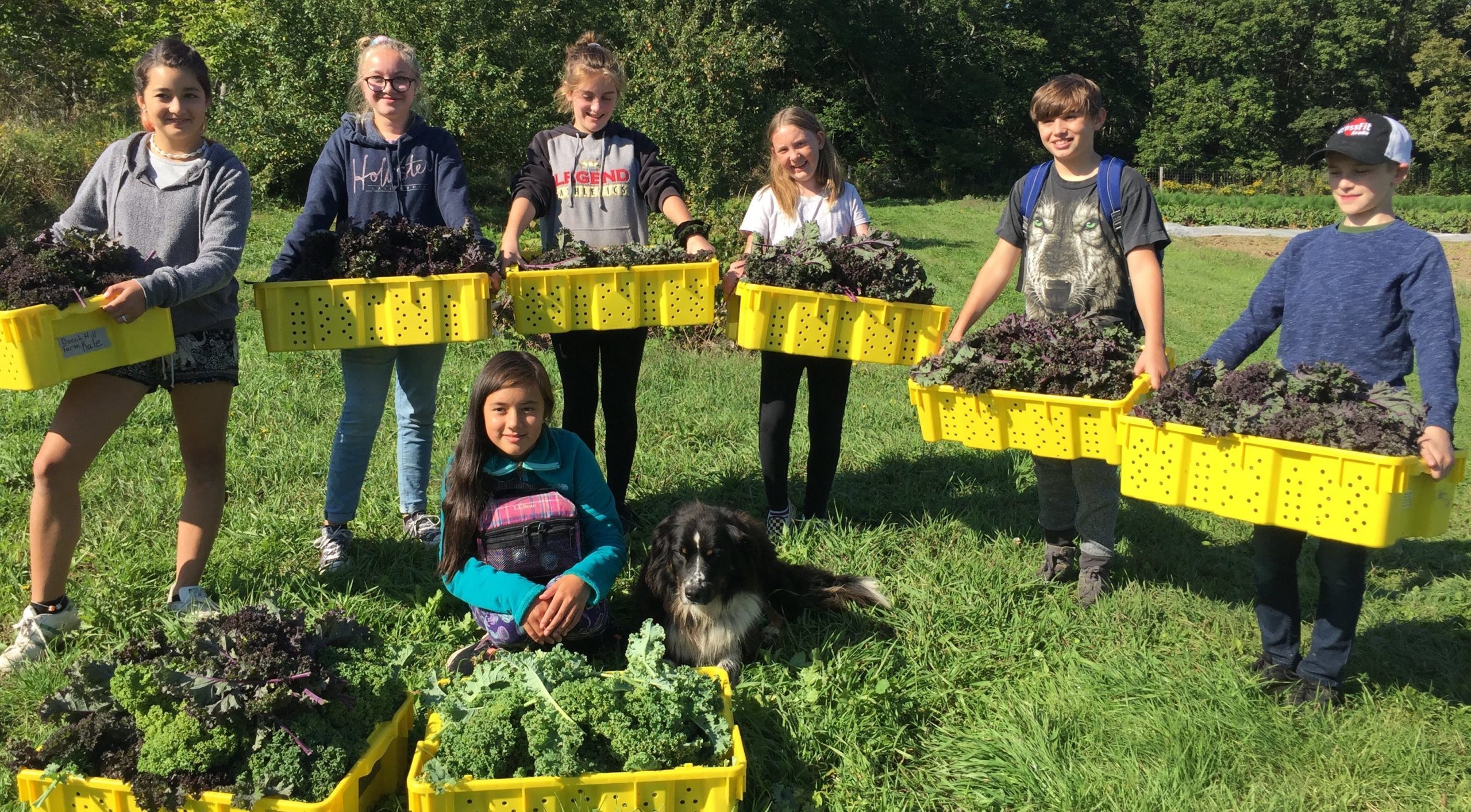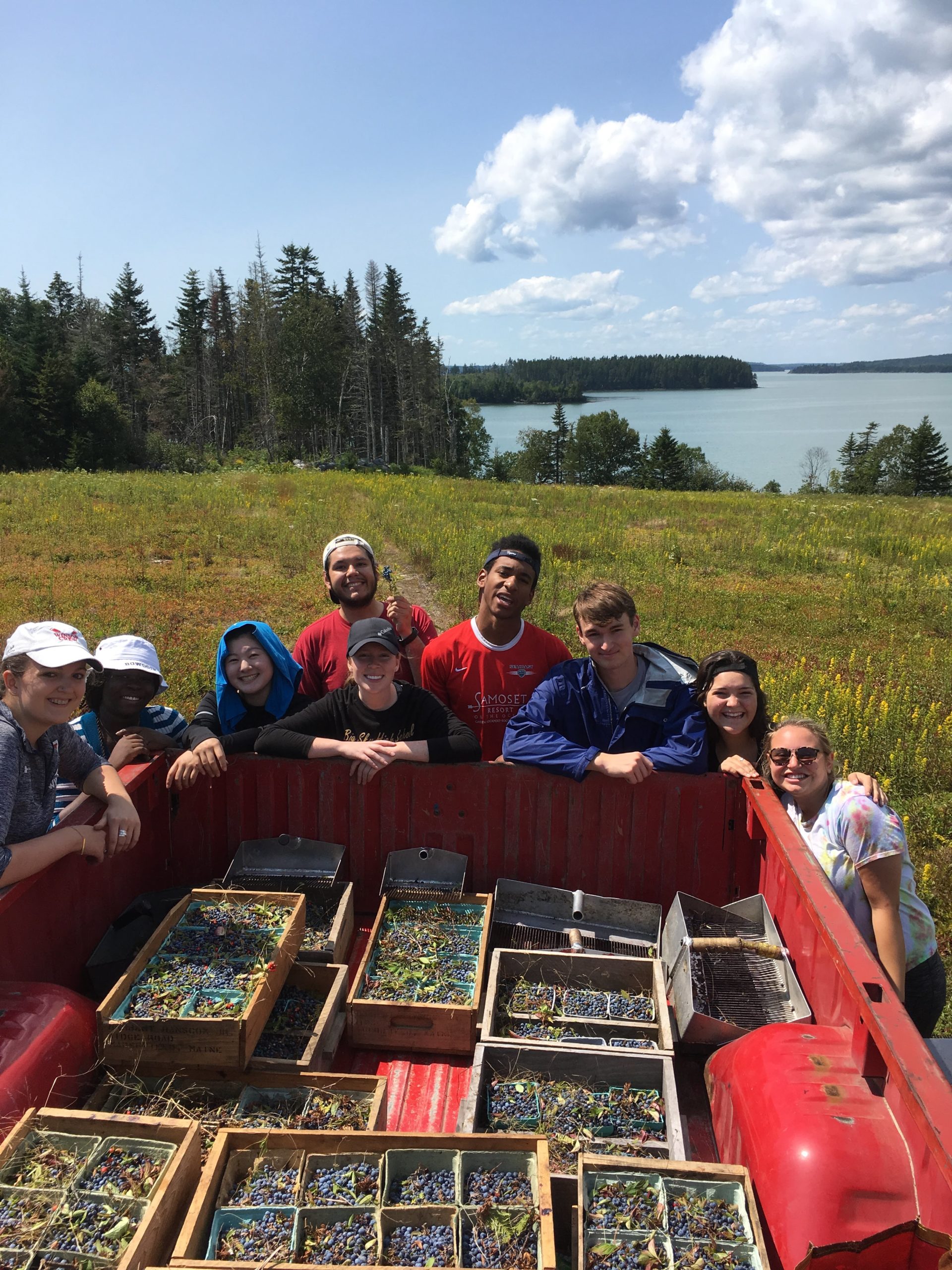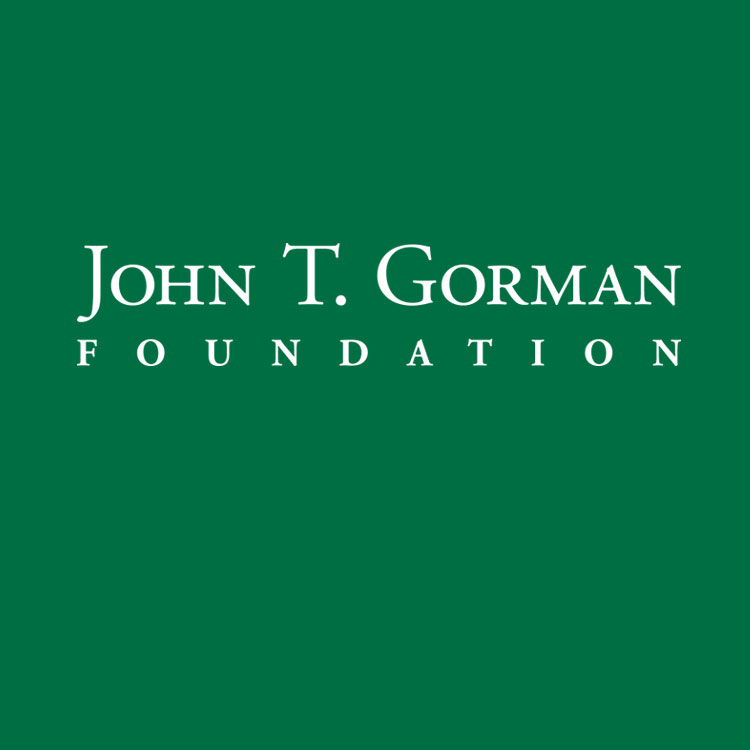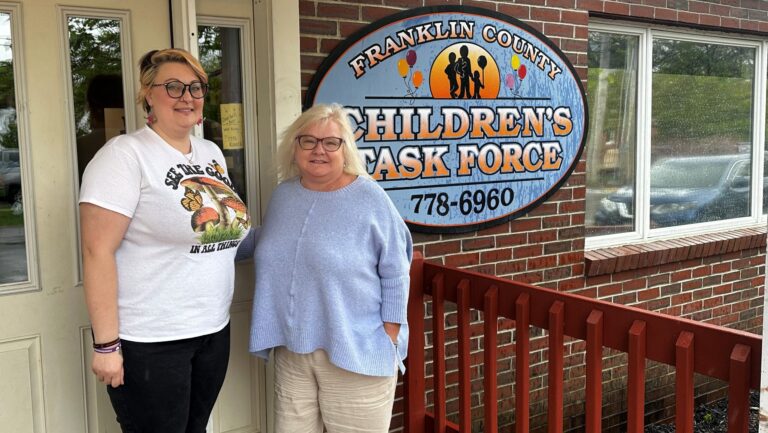Foundation-Supported Gleaning Initiative Helps Feed the Hungry in Downeast Maine

[NOTE: The John T. Gorman Foundation will be accepting applications for the 2020 Direct Services Grant Program until March 25. These grants of up to $25,000 support strategies for meeting the immediate basic needs of vulnerable Mainers. In this profile, we take a look at how a recent grantees is using funding to address hunger in Downeast Maine.]
The story of our nation’s food system is one of great need amid incredible abundance. Nationally, 40 million Americans are food insecure, meaning they don’t have reliable access to enough food. In Maine, that includes 1 in 8 people overall, and 1 in 5 children. At the same time, the nation produces so much food that as much as 40% of it goes uneaten.
Much of that food waste happens where it’s grown. A bumper crop of apples means that many rot on the ground. A canceled order leaves a truckload of lettuce to wilt. A drop in price makes a field of late-season broccoli unprofitable to harvest. This surplus food can be detrimental to farm operations, and, if left to go to waste, a lost opportunity to help someone put food on the table.
But there is a window where this fresh, nutritious, and delicious food can be recovered so it can get to the people who need it—that’s where gleaning comes in. This centuries-old practice of allowing community members to harvest leftover crops from farmers’ fields is not new. But it is having a resurgence as a strategy to address food insecurity.
Gleaning for food security in Downeast Maine
With support from the John T. Gorman Foundation, for example, Healthy Acadia has used gleaning to bring the local bounty to thousands of people in Downeast Maine who regularly struggle to access enough food in general, but enough fresh fruits and vegetables in particular.
Healthy Acadia works to support the health and well-being of Hancock County and Washington County residents. This includes Healthy Food for All programs to ensure that low-income seniors, children and families can access enough nutritious food. (Hancock County has a food insecurity rate of 12.9%; in Washington County, it is 15.1%.) Among these initiatives are signing residents up for the federal Senior Farm Share program; facilitating the acceptance of SNAP food assistance benefits at local farmers markets; providing nutrition education for SNAP recipients; raising money for local food pantries; and co-convening the Hancock County Food Security Network and Washington County Food Pantry Network.
Over the years, Healthy Acadia has worked to help pantries meet a rising demand for fresh food among their clients.
“There’s been a huge trend toward food pantries providing more fresh food to the people they serve. It’s what clients want,” said Healthy Acadia Food Programs Director Katie Freedman. “We’re glad to play a part of it. We want to make the healthy choice the easy choice.”
Since 2013, those efforts have included the Downeast Gleaning Initiative. What started as a post-season gleaning at a local apple orchard has become a large operation. In 2019 alone, it collected over 28,000 pounds of fresh produce in Washington and Hancock counties and distributed about 65 varieties of fruits and

vegetables to local pantries.
Since 2018, the John T. Gorman Foundation has awarded two Direct Services Grants to Healthy Acadia. “The Foundation is privileged to be able support organizations who are doing such important work helping economically disadvantaged Mainers with our Direct Services Grant Program,” said John T. Gorman Foundation Program Associate Lauralee Raymond. “Healthy Acadia is a great example of the commitment these grantees have made to the people they serve and of the innovative ways these organization are leveraging resources in their communities to maximize their impact.”
Along with the assistance of other funders, the Foundation grants have supported two gleaning coordinators at Healthy Acadia to build relationships with farmers and other suppliers, coordinate volunteers, and work with local pantries.
“Our relationships with farmers have grown over the years and we’re in regular communication with them,” said Rachel Emus, Food Programs Coordinator for Hancock County. “They know to call us when they have a harvest and, at certain locations, we do weekly gleanings.”
Engaging students & volunteers for a community harvest
The initiative engages 150 volunteers who not only glean at local farms, but also farmers markets, and community and private gardens. Developing a variety of sources has been especially vital to keep food coming in Washington County.
“The situation is a little different here. We have fewer farmers to work with [than in Hancock County],” said Regina Grabrovac, Food Programs Manager for Washington County. “We’ve had to create other opportunities.”
Those efforts have included helping master gardeners, 4-H members, and other students at Washington Academy in East Machias revive a vacant 3,000-square-foot garden to grow produce for local pantries. They also engaged students at Narraguagus Junior/High School in Harrington to start a Food Justice League and build a 1,500-square-foot garden at the school.
The combined gleaning efforts of both counties help bring fresh food to about 7,500 Downeast residents in any given month. In 2019, nearly 150,000 servings of fruits and vegetables were distributed—and eagerly accepted—at local food pantries, health centers, and substance use recovery programs.
“It’s a myth that people who come to a food pantry aren’t interested in eating healthy. It just isn’t true,” Grabrovac said. “We’re finding that when we bring the good food there, it goes right out the door. People are so excited and so happy to have it.”
Emus and Grabrovac shared secondary benefits to the gleaning initiative as well. Volunteers said their time in the fields made them feel closer to the local food system and led them to eating more fruits and vegetables themselves. And farmers were grateful to have help dealing with surplus crops that can be labor intensive to dispose of.
“They can be overwhelmed by it,” Freedman said. “And they’re happy to have food go to people who need it.”
For more information on the 2020 Direct Services Grant program and to apply, go here.


